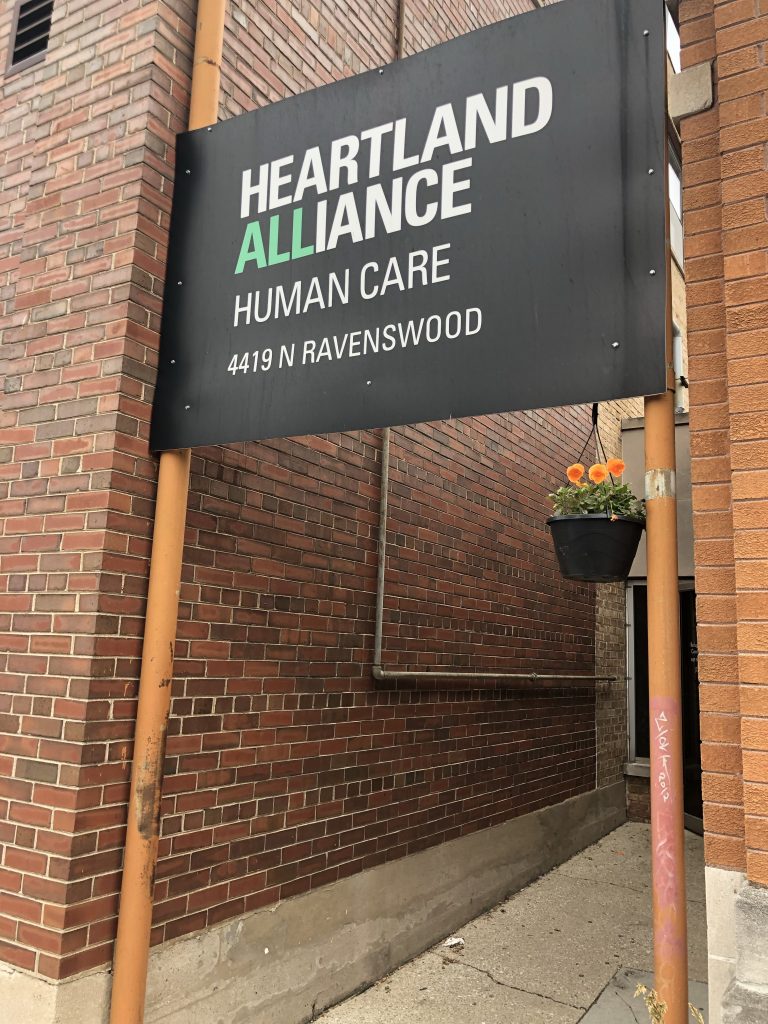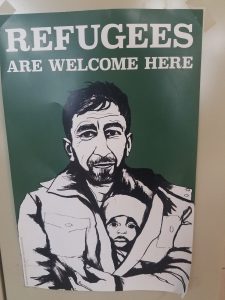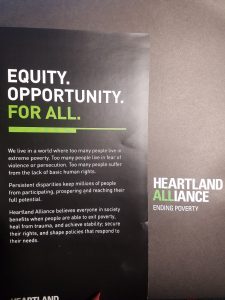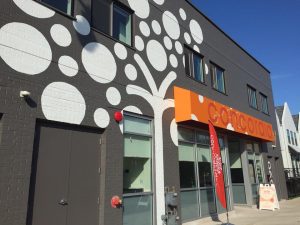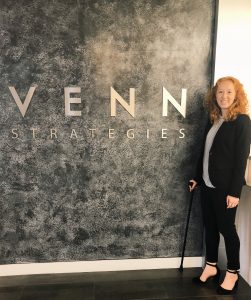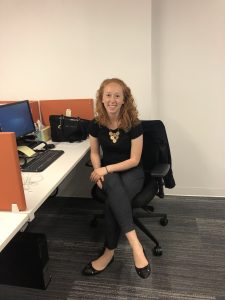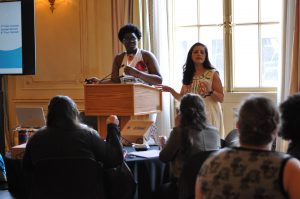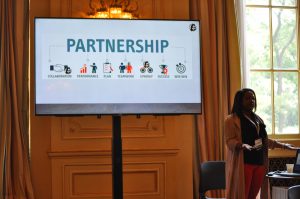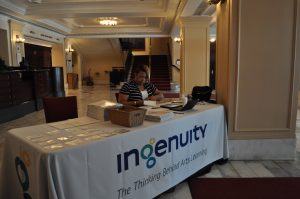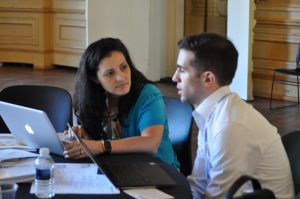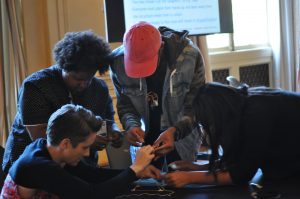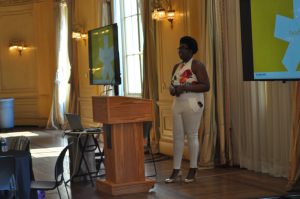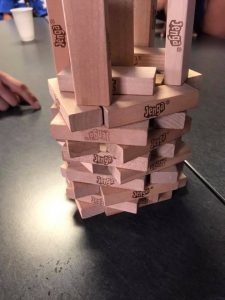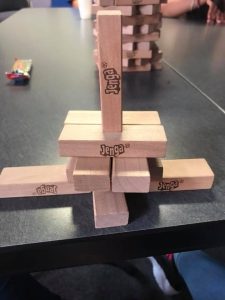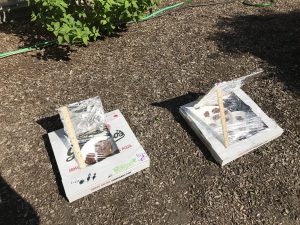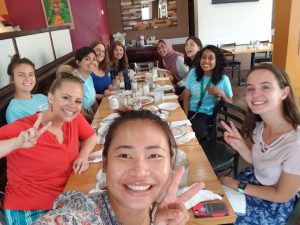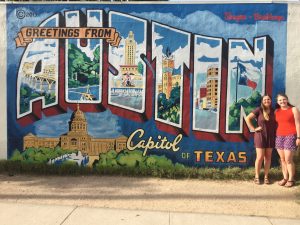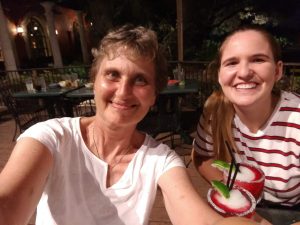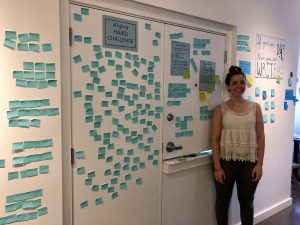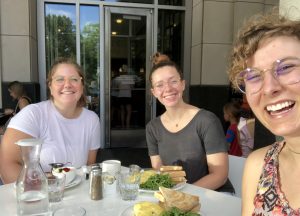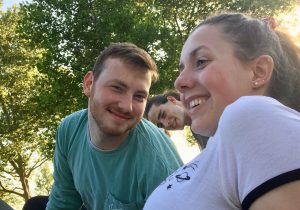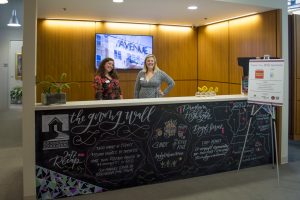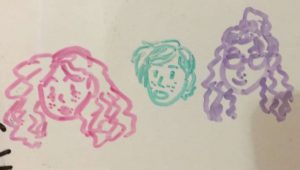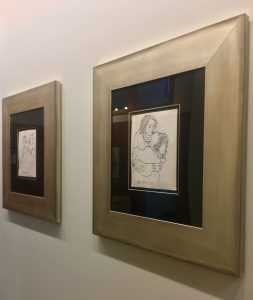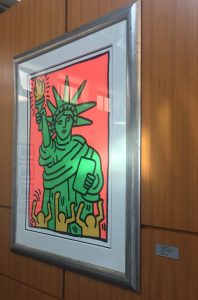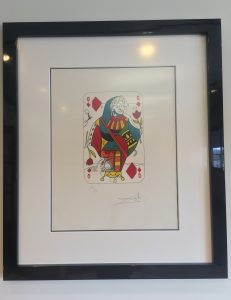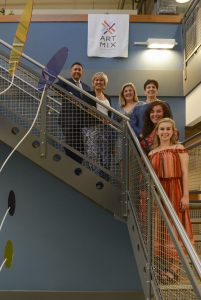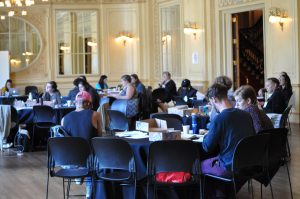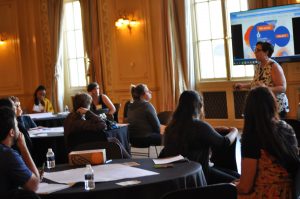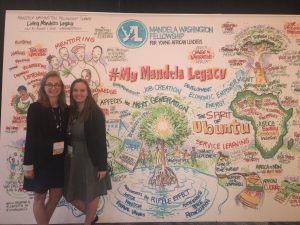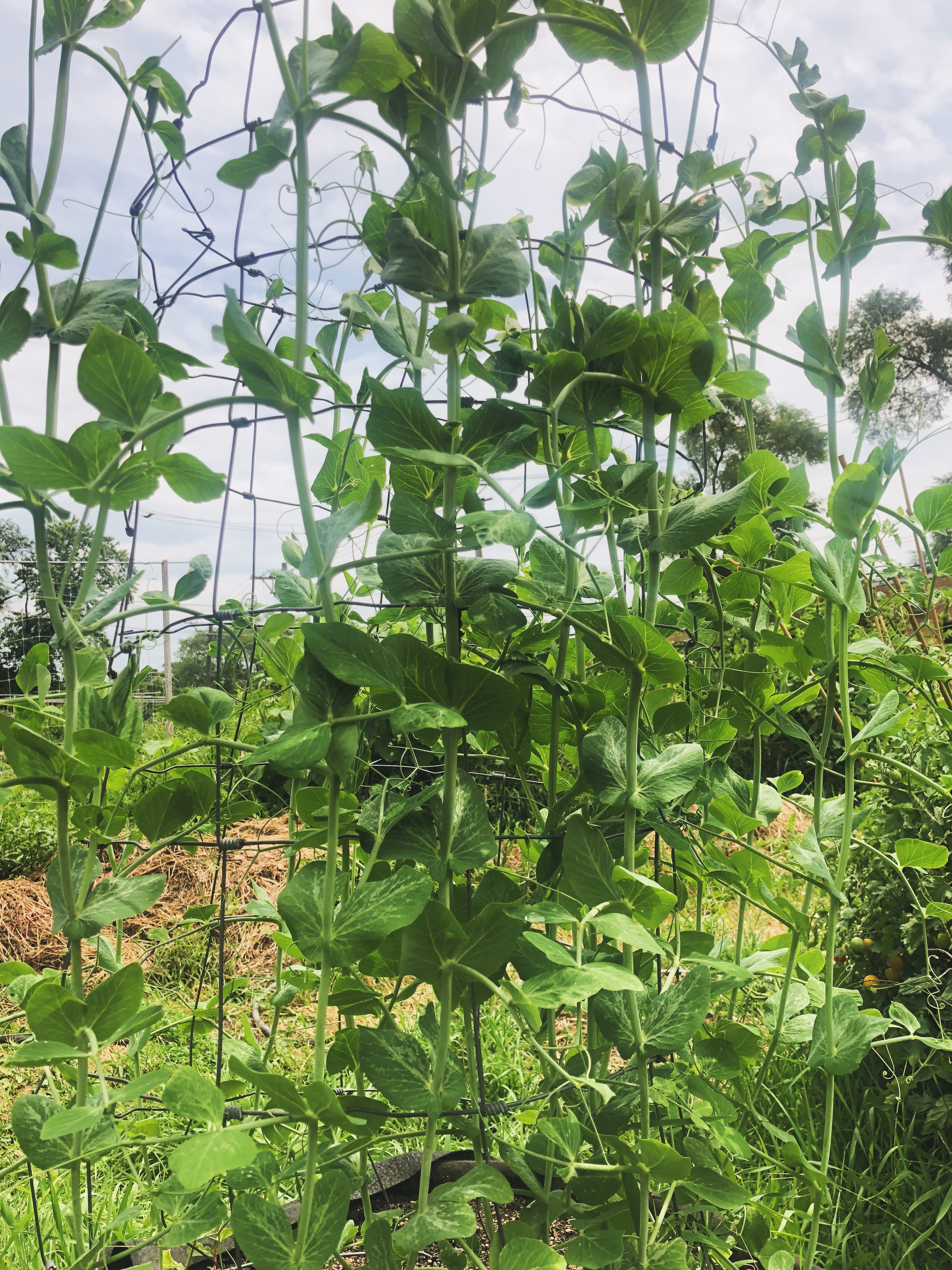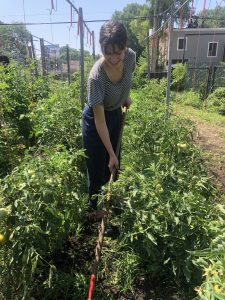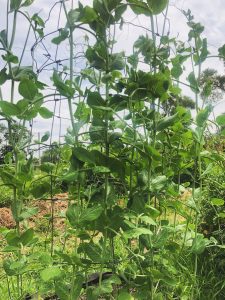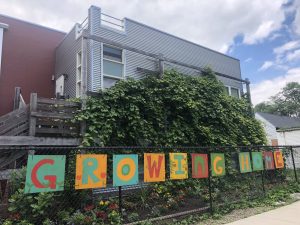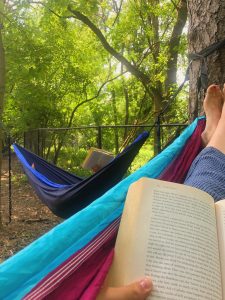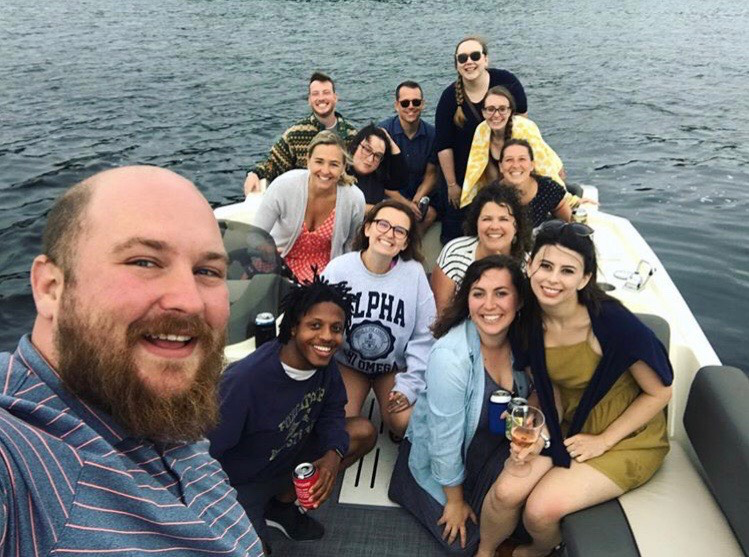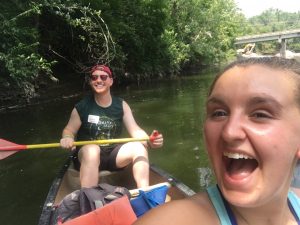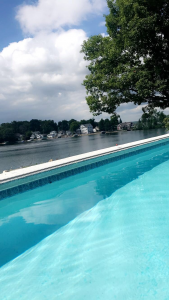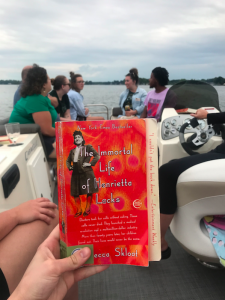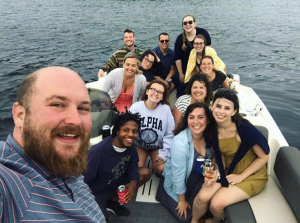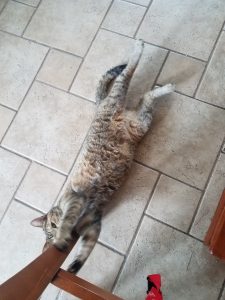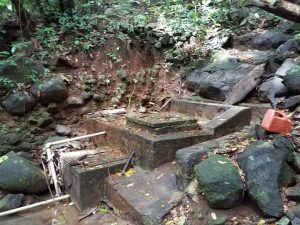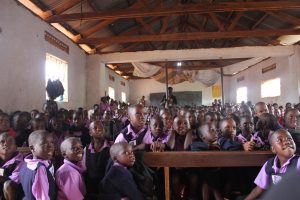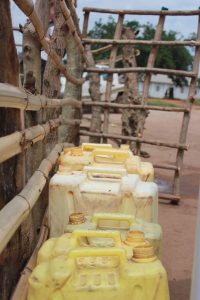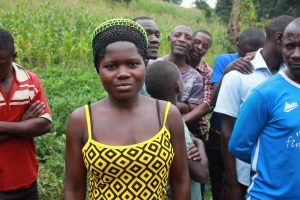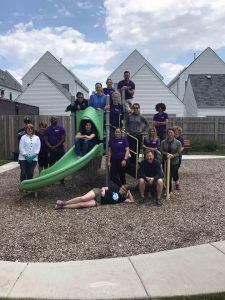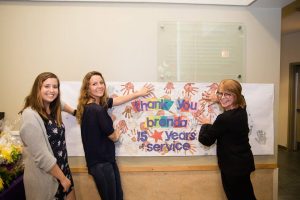Flowers. Flowers all around me. Shades of pink and lavender. Little did I know these were the petals of milkweed: the native plant to Indianapolis that provides monarch butterflies with a sanctuary in Indianapolis, Indiana. It was golden hour. I felt the warm, gritty surface of the bench upon which I rested as I gazed at the luscious greenery surrounding me.
Before I sat down to catch my breath, I had spent one hour driving around Kroger searching for parking — desperately trying to navigate my way through the one-way streets. I struggled to decide what groceries to buy. “What will I cook for dinner tonight?” I thought. “What will I cook for dinner the rest of the week?” I was exhausted, and I was overwhelmed. I had just finished my first day of interning in the city.
As exciting as change can be, it can also be quite daunting. I have spent nine days in Indianapolis, living on IUPUI’s campus and working at the Harrison Center, and I feel much more confident now. The first few days were pretty challenging. While an internship experience is about growing as a professional, it is also about learning to stand on your own two feet. Grocery shopping, cooking, and commuting to work play a big role, of course. Self-discipline, hurdling obstacles, and feeling comfortable with uncertainty, though, are 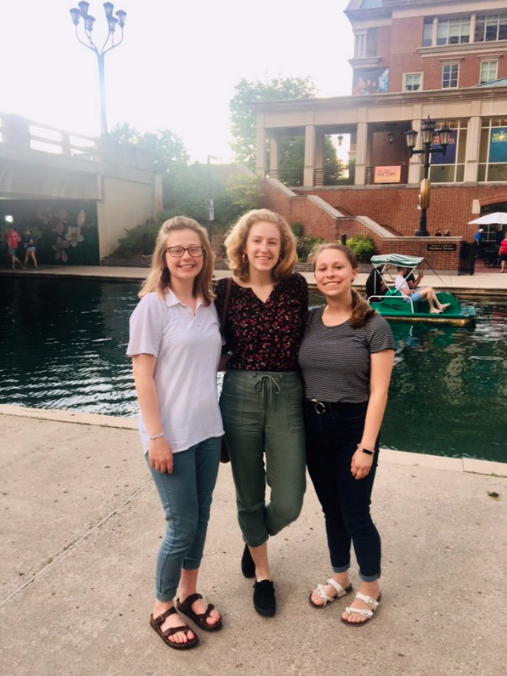 parts of the story, too. With the support from my roommates and a little (okay, a LOT) of perseverance, I have successfully survived my first week in a new city.
parts of the story, too. With the support from my roommates and a little (okay, a LOT) of perseverance, I have successfully survived my first week in a new city.
And I could not be happier. This summer I am a Creative Placemaking Intern at the Harrison Center, which is a non-profit organization “for the arts” and “for the city.” The Center focuses on renewal, anti-gentrification, and building healthy communities in Indianapolis through “cultural solutions: art, music, education, and grassroots activism.” It has been amazing to see firsthand all of the incredible work the staff and resident artists are doing here, and it is even more thrilling to be a part of it. Here is a video that might give you a better idea of the work we do: https://vimeo.com/299053006
As a Creative Placemaking Intern, I will contribute to and lead art projects that are based in concepts of place, which means the history and culture of long-term neighbors and neighborhoods on Indianapolis’ North Side. Through these projects, we hope to preserve 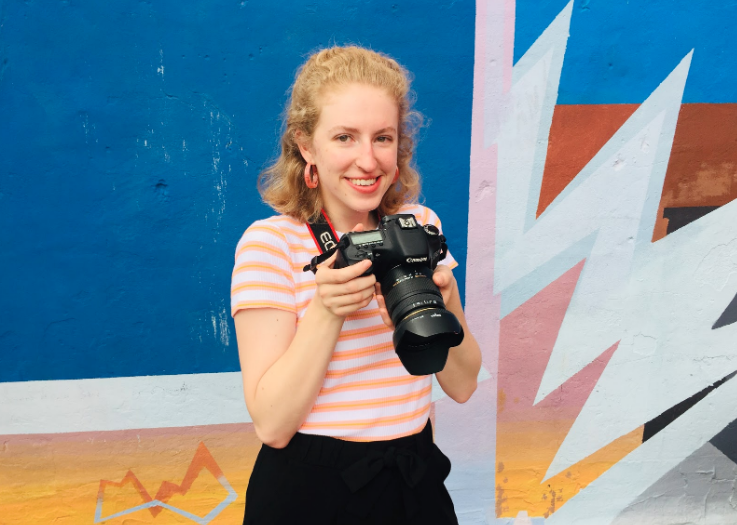 their traditions and bring new Indy neighbors into their stories instead of erasing them. I am looking forward to writing blogs, making photographs and storytelling, organizing events, and building community with the wonderful neighbors in Indianapolis.
their traditions and bring new Indy neighbors into their stories instead of erasing them. I am looking forward to writing blogs, making photographs and storytelling, organizing events, and building community with the wonderful neighbors in Indianapolis.
Just as the monarch butterfly starts its life journey as a curious caterpillar, it always finds its way to becoming the beautiful creature it is meant to be. I, myself, feel much like the monarch — in search of sanctuary, nourishment, and growth, as I prepare my wings for flight. And Indianapolis seems to be the perfect place.
